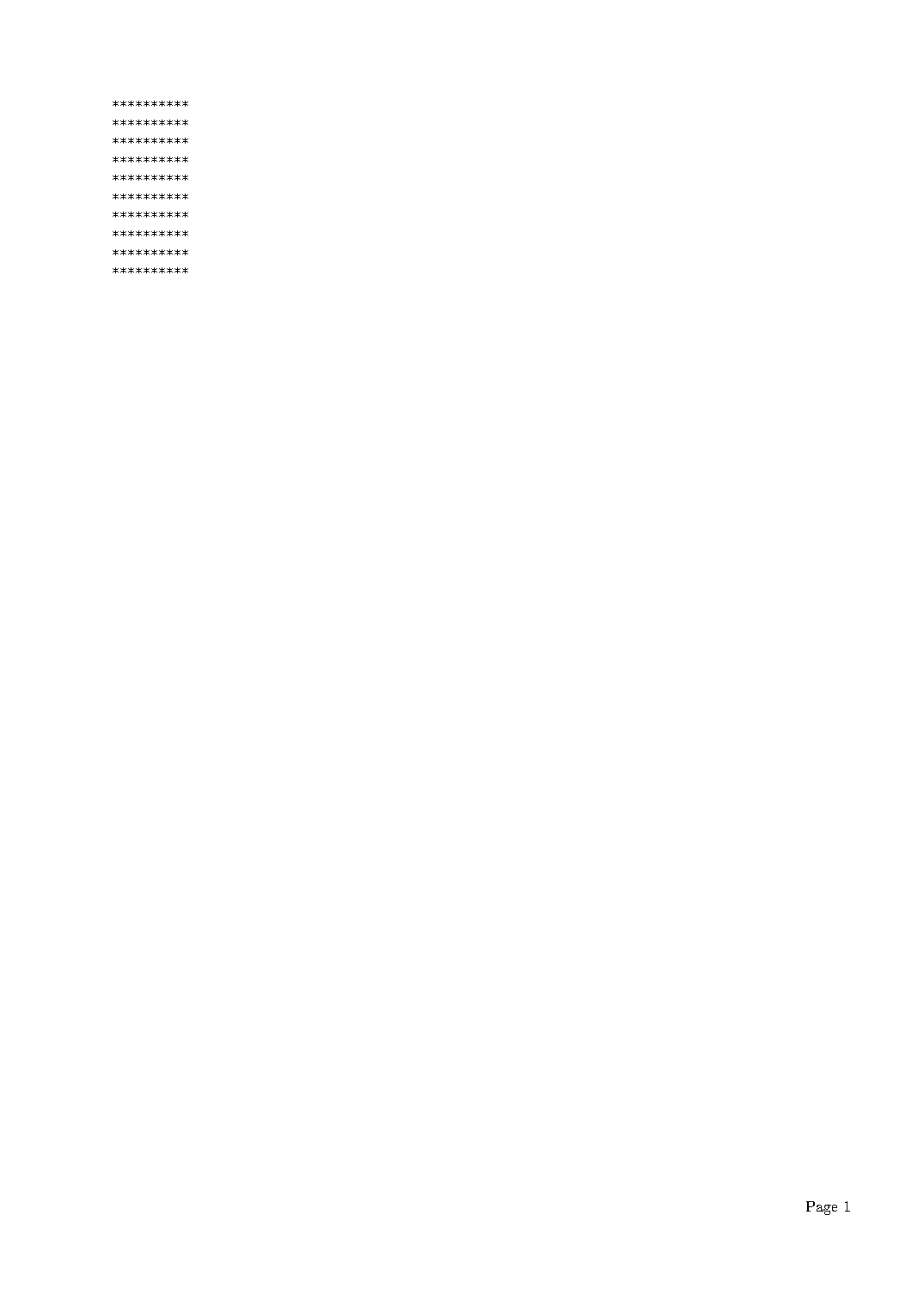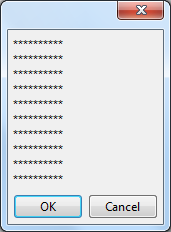// Commit https://github.com/ismael-miguel/tinyall/commit/2589837678f4b6556d1bd22f163255e2e058808e#diff-65af36bb0dc600cbc7a54816dcda57fd
(function(window, undefined) {
var funcs = {
//echo
'_':function(value, data){
var tmp = data.out + (value === undefined ? data.last : value);
data.vars[';'] = data.out = tmp;
return tmp;
},
//array
A:function(value, data){
var split_value = (value || '').split(/(\-?\d+(?:\.\d*)?(?:[eE][\-+]?\d+)?|'(?:\\'|[^']*)*'),?/);
var final_value = [];
for(var i = 0, l = split_value.length; i<l; i++)
{
if(split_value[i][0] == '\'')
{
final_value[final_value.length] = split_value[i].replace(/^'(.*)'$/,'$1').replace(/\\'/g,'\'');
}
else if(split_value[i]/1 || split_value[i] == '0')
{
final_value[final_value.length] = +split_value[i];
}
}
return final_value;
},
//comparison functions
C:function(value, data){
},
D:function(value, data){
var debug = {
value: value,
type: typeof value,
memory: data
}
if(console && console.log)
{
console.log(debug);
}
return value;
},
//eval
E:function(value, data){
run_code(value, data);
},
//flip the value around
F:function(value, data){
if(('object' === typeof value) && value.reverse)
{
return value.reverse();
}
else
{
return value.toString().split('').reverse().join('');
}
},
//hello worlds
H:function(value) {
return 'hH'[value&1]
+'ello'
+(value&2?',':'')
+' '
+('wW'[+!!(value&4)])
+'orld'
+(value&8?'!':'')
+(value&16?'\n':'');
},
//math functions
M:function(value, data){
},
//not (inverts values/casing)
N:function(value) {
switch(typeof value)
{
case 'boolean':
return !value;
case 'number':
return -value;
case 'string':
var tmp = '';
for(var i = 0, l = value.length; i < l; i++)
{
if(value[i] >= 'a' && value[i] <= 'z')
{
tmp += String.fromCharCode(value.charCodeAt(i) - 32);
}
else if(value[i] >= 'A' && value[i] <= 'Z')
{
tmp += String.fromCharCode(value.charCodeAt(i) + 32);
}
else
{
tmp += value[i];
}
}
return tmp;
default:
return 0;
}
},
//passthrough
P:function(value) {
return value;
},
//repeat
R:function(value, data){
var tmp = '';
if(value > 0)
{
while(value--)
{
tmp += data.last;
}
}
return tmp;
},
//string functions
S:function(value, data){
var methods = {
t:function(value){
return value.replace(/^\s+/,'').replace(/\s+$/,'');
},
u:function(value){
return value.toUpperCase();
},
T:function(value ){
},
R:function(value){
}
};
var tmp = data.last.toString();
for(var i = 0, l = value.length; i < l; i++)
{
tmp = value[i] in methods ? methods[value[i]](tmp, value, i) : '';
}
return tmp;
},
//clears output
Z:function(value, data) {
return data.vars[';'] = data.out = 0;
}
};
var expand_string = function(value, data){
return value.replace(
/\[:(?:([A-Z_])(.)?|([^A-Z_'"]))\]/g,
function(_, func, arg, value){
if(func)
{
return funcs[func](get_value(arg, data, true), data);
}
else
{
return get_value(value, data, true);
}
}
);
};
var get_value = function(value, data, recursion) {
if(value === null || value === undefined || value === ' ')
{
return undefined;
}
var x = (value || '').toString();
if(/^\-?\d+(?:\.\d*)?(?:[eE][\-+]?\d+)?$/.test(x))
{
//returns a number
return +x;
}
else if(/^[a-z]$/.test(x))
{
//returns a number between 10-43
return (x in data.vars) ? data.vars[x] : x.charCodeAt(0) - 87;
}
else if(x[0] == '\'')
{
return x[1];
}
else if(x[0] == '"' && x.length >= 2)
{
var sub = x.substr(1, x.length - 2);
return recursion ? sub : expand_string(sub, data);
}
else
{
return data.vars[x];
}
};
var run_code = function(code, memory){
if(!code || /^[a-z\d]$/.test(code))
{
memory.out = funcs.H(get_value(code, memory));
}
else
{
code.toString().replace(
// /(?:([^A-Z_:'"])=)?([A-Z_])(?::('.|"[^"]*"|-?\d+|.))?/g,
/(?:([^A-Z_'"])=)?([A-Z_])(?:('.|"[^"]*"|-?\d+|[^A-Z_'"]))?/g,
function(_, name, func, value){
memory.vars[name || ':'] = memory.last = (funcs[func] || noop)( value ? get_value(value, memory) : memory.last, memory);
return '';
}
);
}
}
var noop = function(){};
window.tinyAll=function(code, input) {
var data = {
out: '',
last: 0,
input: input || 0,
vars: {
//version
'|':'0.3',
//input
':':input || 0,
//output
';':0,
//code
'.':(code || '').toString()
}
};
run_code(data.vars['.'], data);
return data.out || 0;
};
})(Function('return this')());
//RUN THE CODE!!!
//\n instead of a real newline, but works the same
console.log(tinyAll('P\'*Ra_P"\n[:;]"R9_'));
console.log(tinyAll('P"**********\n"Ra_'));


